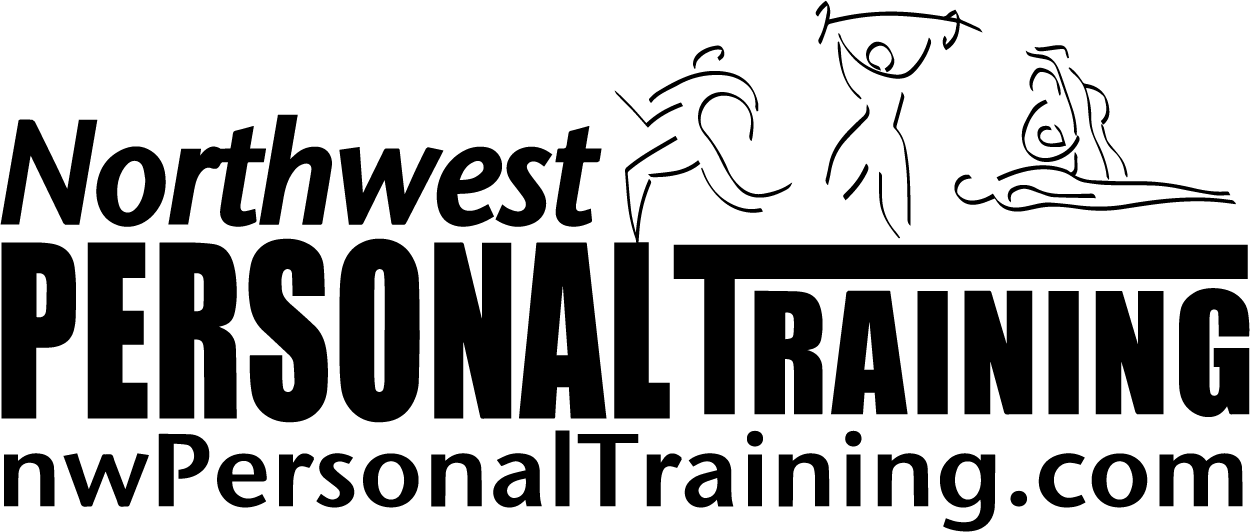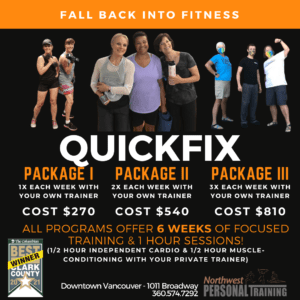If you’ve been exercising and haven’t lost any weight, do you still experience health benefits? A metanalysis study published in September 2021 in iScience examined hundreds of research studies on weight loss and exercise and this study says YES! If you are an obese individual who exercises, you will lower your chances of dying prematurely by 30 percent even if you don’t lose any weight.
Improved fitness appears to be much more important than weight loss.
The study suggest that obese people who diet and lose weight, but do not exercise are not as protected as obese people who exercise. The risk for dying and heart disease is much greater in the non-exercisers.
Don’t forget to sign up under “Weekly Fitness Tips” to automatically receive my latest blog post in your inbox!
One theory is that people who lose weight through dieting often regain that weight, therefore not providing long-term benefits.
 Although our society as a whole tends to fat-shame, the good news is that fitness is more important that fatness as the primary factor in reducing someone’s risk for developing various health problems. The message is this – fitness is very important whether you’re fat or not. In fact, if you are an exerciser who carries a significant amount of body fat, you can still be fitter, healthier and experience a reduced risk for premature death than someone who doesn’t exercise at all and may be skinny, but deconditioned and out of shape.
Although our society as a whole tends to fat-shame, the good news is that fitness is more important that fatness as the primary factor in reducing someone’s risk for developing various health problems. The message is this – fitness is very important whether you’re fat or not. In fact, if you are an exerciser who carries a significant amount of body fat, you can still be fitter, healthier and experience a reduced risk for premature death than someone who doesn’t exercise at all and may be skinny, but deconditioned and out of shape.
Bottom Line
If you’re not working out, you need to start. Although achieving an ideal body weight can protect you from many health issues, the most important thing you can do is start to exercise and move your body. Don’t focus on weight loss. Instead focus on consistency of your workouts and moving your body everyday.
Here are some simple steps to starting and sticking to an exercise program:
Just start walking
You can do it anywhere, anytime and it costs nothing. Start with a short distance, even just around your block, and build from there.
Rally a friend or hire a personal trainer
Having someone to hold you accountable will help you be consistent and stick with it.
Start with an activity you enjoy
If you hate it, you won’t do it consistently and will most likely quit.
Stick with a time frame that works for you
Many are successful with morning exercise to reduce the chances of other responsibilities and distractions getting in the way. Others find they are more consistent with lunch time workouts that break up their day. While others find a workout right after work is a great transition before they head home. Bottom line, figure out what time of the day works for you and stick with it.
Set goals that are action-oriented versus weight-loss oriented.
Instead of setting out to lose weight, set a goal of X number of workouts for the month. For example, rather than planning to lose 20 pounds, set a goal of 20 workouts for the month. Track your consistency on a calendar. Post your results so your friends and family can cheer you on as you hit milestones like 10/20 etc.
Exercise is medicine and the science proves it. Move your body and improve your health and longevity.
Yours in health & fitness,
Sherri McMillan


